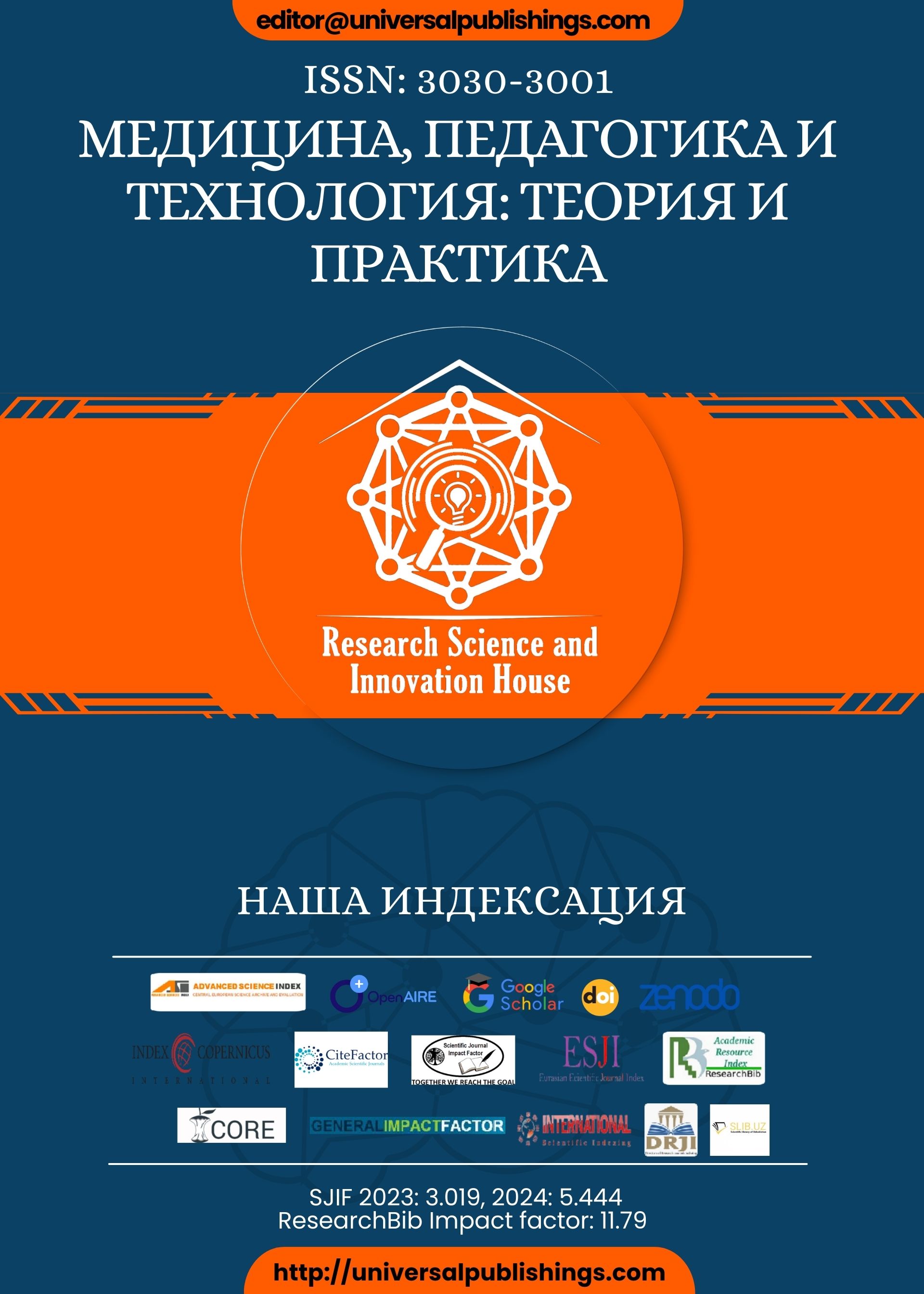Abstract
This study conducts a thorough contrastive analysis of the terminology associated with Lavender oil in the English and Uzbek languages. By examining the equivalents, semantical meanings, and morphological structures of these terms, the research aims to uncover the linguistic and cultural differences in how Lavender oil is linguistically represented in these two languages. The exploration of the etymology of these terms provides valuable insights into the historical and botanical influences that have shaped the vocabulary related to Lavender oil in English and Uzbek.
References
Harper, Douglas. "lavender (n.)". Online Etymology Dictionary. 2024.
Oxford English Dictionary. "lavender, n." OED Online. Oxford
University Press, June 2024.
Lewis, Charlton T.; Short, Charles. A Latin Dictionary. Oxford: Clarendon Press, 1879.
Dictionnaire de l'Académie française. "lavande". 9th edition, 2024.
Botanical Etymology Database. “Lavandula” 2024.
Smith, J. (2024). "Exploring the Etymology of Lavender: A Linguistic
and Cultural Journey." Journal of Botanical Linguistics, 12(2), 45-58.

